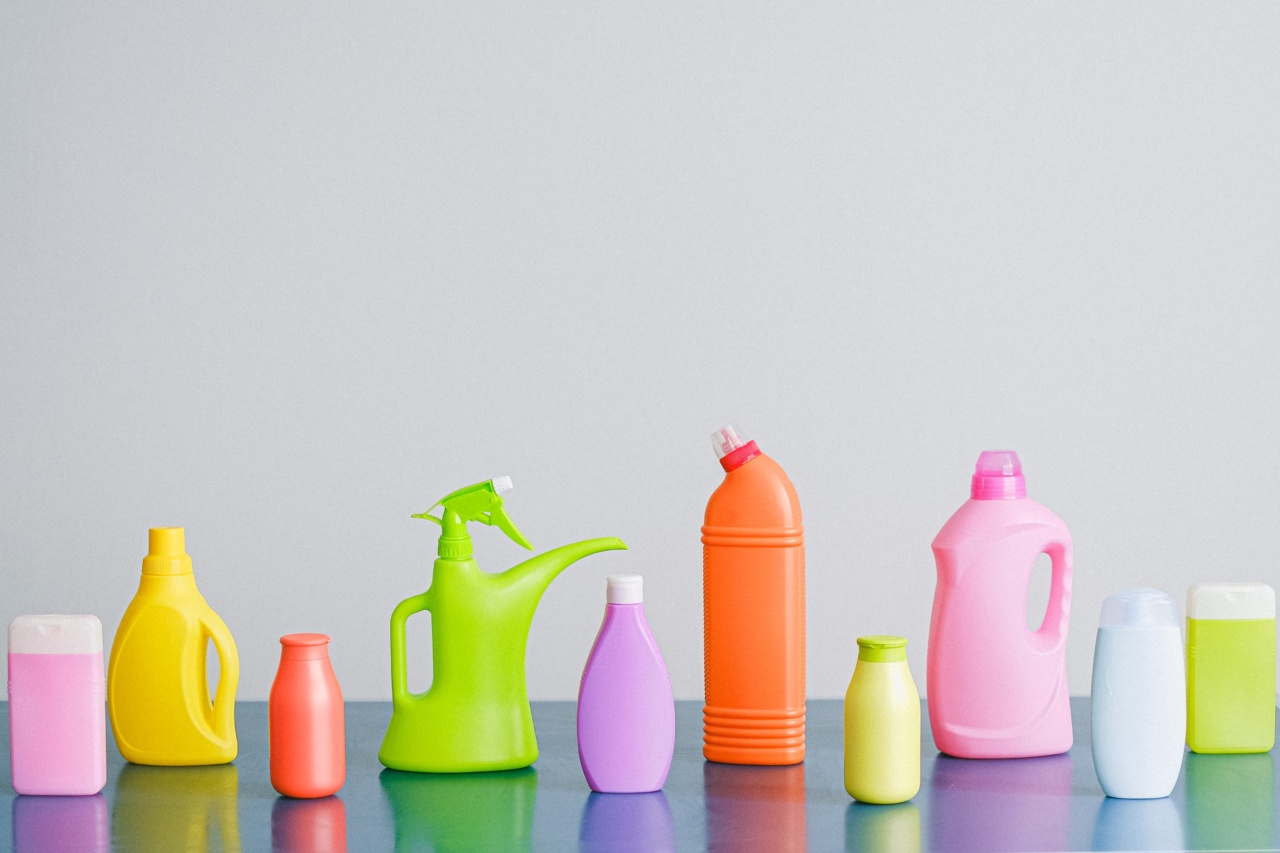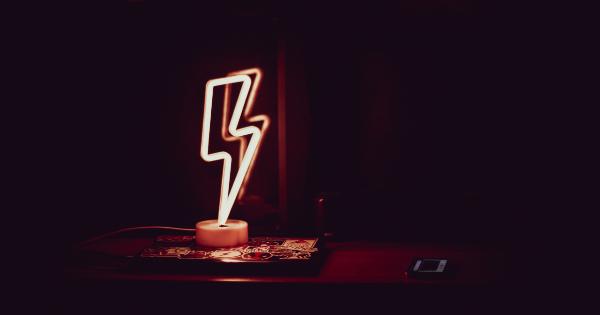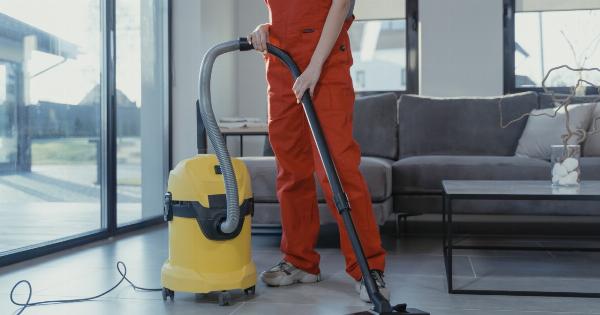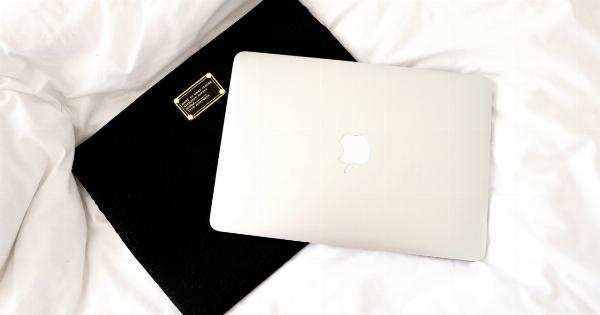Maintaining proper hygiene is crucial for our overall health and well-being.
In order to protect ourselves and others from harmful germs, it is essential to clean and disinfect various objects and surfaces that we come into contact with on a daily basis. In this article, we will discuss 12 essential things that you should disinfect daily to ensure a clean and germ-free environment.
1. Mobile Phones
In the digital era, our mobile phones have become an extension of ourselves. We touch our phones countless times throughout the day, making them a breeding ground for germs.
Regularly disinfecting your mobile phone using disinfectant wipes or a cloth dampened with isopropyl alcohol can help eliminate harmful bacteria and viruses.
2. Door Handles
Door handles are often overlooked when it comes to cleaning and disinfecting, yet they are one of the most frequently touched surfaces in our homes.
Disinfecting door handles frequently significantly reduces the risk of spreading germs among household members.
3. Light Switches
Similar to door handles, light switches are also touched multiple times a day by various people. Taking a few moments to disinfect these switches with an appropriate disinfectant can help eliminate potential pathogens.
4. Keyboards and Mouse
For those who work on computers, keyboards and computer mice can harbor a considerable number of germs due to constant contact.
Use disinfectant wipes or a cloth dampened with isopropyl alcohol to regularly clean and disinfect these essential peripherals.
5. Remote Controls
Remote controls for televisions, air conditioners, and other electronic devices are frequently touched, especially in shared spaces. Cleaning and disinfecting them regularly is essential to prevent the spread of germs among family members or roommates.
6. Kitchen Countertops
The kitchen is a hub for various activities and preparing meals. Keeping kitchen countertops clean and disinfected is crucial to prevent cross-contamination and foodborne illnesses.
Use appropriate disinfectants to wipe down your countertops after every use.
7. Bathroom Surfaces
Bathrooms are notorious for harboring bacteria and other germs. Regularly disinfecting bathroom surfaces such as sinks, toilet seats, faucets, and shower handles is essential to prevent the spread of germs and maintain a clean and hygienic environment.
8. Toothbrushes
Our toothbrushes can be a breeding ground for bacteria, especially if they are stored in close proximity to the toilet or sink. Rinse your toothbrush thoroughly after each use and let it air dry.
You can also disinfect your toothbrush by soaking it in an antimicrobial mouthwash for a few minutes.
9. Bedding and Pillows
Bedding and pillows can accumulate dead skin cells, sweat, and other bodily fluids, making them a haven for bacteria, dust mites, and allergens.
Wash your bedding and pillows regularly using hot water and dry them thoroughly to eliminate any potential germs.
10. Handbags and Wallets
Handbags and wallets come into contact with various surfaces and are often placed on the ground or in other potentially dirty environments.
Periodically wipe down the exterior of your handbag or wallet with a disinfectant wipe to remove any accumulated germs.
11. Pet Accessories
If you have pets, it’s important to keep their accessories, such as food bowls, toys, and beds, clean and disinfected.
Regularly washing these items with hot water and pet-safe disinfectants can help prevent the spread of germs and keep your pets healthy.
12. Car Interiors
Car interiors can harbor dust, dirt, and germs, especially in frequently touched areas such as the steering wheel, gear shift, and door handles.
Regularly clean and disinfect these surfaces using appropriate cleaning products to maintain a clean and healthy environment in your car.
In conclusion, maintaining good hygiene practices by regularly disinfecting certain objects and surfaces is crucial for our overall health and well-being.
By incorporating these 12 essential items into your daily disinfection routine, you can create a clean and germ-free environment, protecting yourself and your loved ones from harmful pathogens.




























